Introduction
Our factory is equipped with the latest technology and machinery to ensure efficient and precise production.
From raw materials to finished products, every step of the process is carefully managed and monitored to maintain quality and consistency.
Our dedicated team of skilled professionals are the heart of our operation. From the production line to quality control, everyone plays a crucial role in delivering the best products to our customers. Once the materials are received, they are meticulously processed and assembled by our skilled workers.
Each product goes through a series of quality checks before it is carefully packaged and prepared for shipment. Our factory is also equipped with a spacious storage and distribution area to accommodate the high volume of products that are produced on a daily basis.
This ensures that our products are readily available to meet the demands of our customers.
Does your dog howl late at night?
I believe that in the subconscious of many dog owners, the reason why dogs howl at night must be related to their ancestors.
But that's not the case. Most dogs howl late at night for reasons that have little to do with DNA.

Here are the real reasons dogs howl late at night:
1. Communication style
Most of the time, late-night howling is just one way they communicate. Even at great distances, they emit a howl in response to the howl of their own kind.
If a dog howling is communicating with its kind, then when the group of stray dogs that often appear downstairs in your home howl collectively at night, it proves that there are other strange dogs around, and these howls are driving out strange dogs.
2. You've been stimulated
Maybe your dog has never been in the habit of howling late at night, but one night it suddenly started howling, then the most likely is that it was stimulated by external sounds.
In particular, the sirens of cars such as police cars, fire engines, and ambulances can stimulate the nerves of dogs. To put it simply, it mistook the sirens for the sounds of its own kind.
Not only sirens, but also some toys can cause dogs to howl, which is because the sound is higher pitched and can be resonated by dogs.
3. Dog separation anxiety
Dogs are social animals, regardless of breed. The reason many dogs howl late at night, especially puppies, is caused by separation anxiety. If you think about it, puppies spend their childhood with their siblings and don't understand what it means to be alone.
But when you take him home and lock him in the dog cage, how can he not howl every time night falls and he looks out into the dark room outside the cage, but can't see you in the bedroom?
4. You're not feeling well
Dogs can show signs that they are not feeling well through strange behaviors and symptoms.
And howling late at night is a sign of his discomfort. So the question is, apart from the above reasons, the dog howling at night is uncomfortable?
Of course not, there is a very simple way of identifying it, which is that the howl is not long, which proves that there is nothing wrong with it; If it has been howling for a long time, and it continues to howl after you stop it, then there is probably something wrong with it.
How to solve the above problems?
One common solution for howling dogs is to address their anxiety.
This can be done through training and behavior modification techniques. For example, you can gradually desensitize your dog to being alone by practicing leaving them for short periods of time and gradually increasing the duration.
You can also provide them with interactive toys or puzzles to keep them mentally stimulated while you're away.
Additionally, creating a safe and comfortable space for your dog, such as a cozy crate or designated area, can help them feel more secure when you're not home.

Another solution for howling dogs is to provide them with plenty of physical and mental exercise.
Dogs that are bored or understimulated are more likely to howl out of frustration or pent-up energy.
Regular walks, playtime and training sessions can help alleviate their boredom and provide them with an outlet for their energy.
Consider incorporating activities such as agility training, nose work, or puzzle toys to keep your dog engaged and mentally sharp.
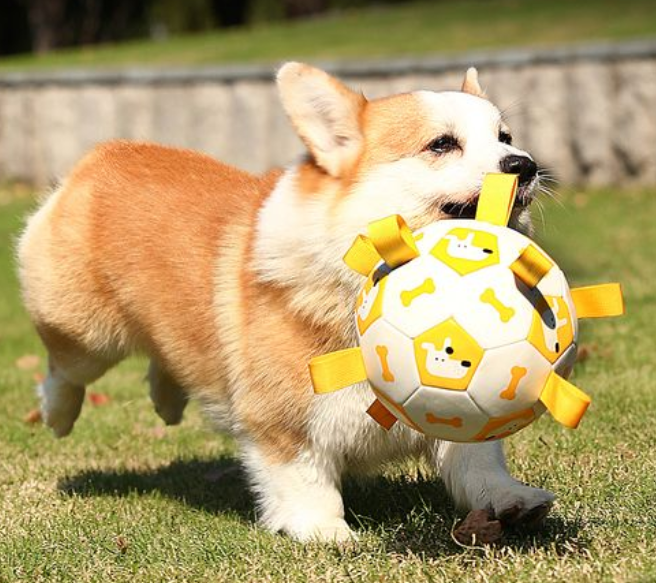
Creating a more peaceful and safe environment for your dog may help.
This can be done by reducing outside noise with a white noise machine or calming music, as well as providing a safe and comfortable space for your dog to retreat if they feel stressed.
In addition, providing them with a crate or designated quiet area can help them feel more secure during times of high anxiety.
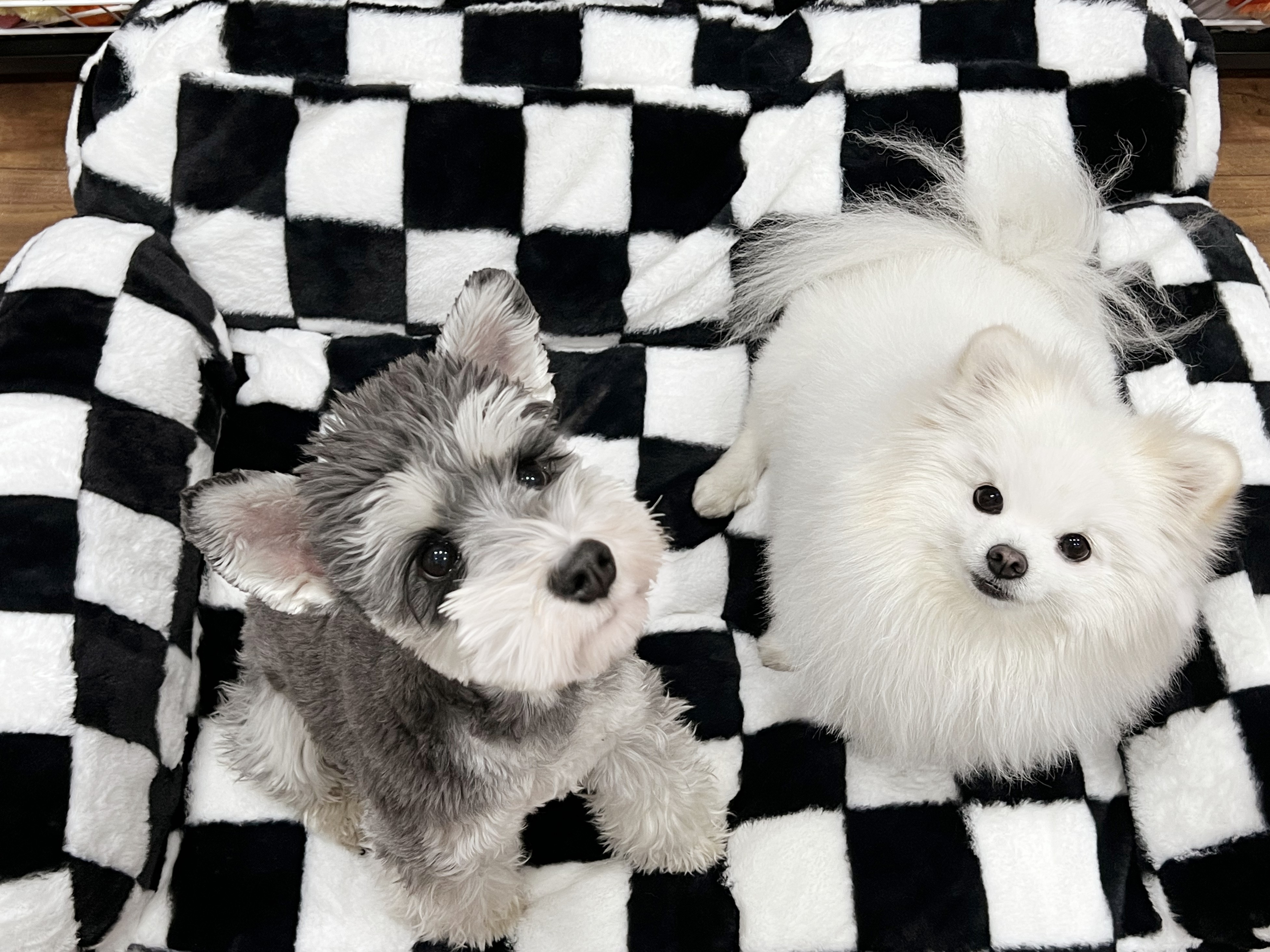
For some dogs, howling may be a learned behavior that has been reinforced over time.
If this is the case, it's important to address the behavior through positive reinforcement training. This involves rewarding your dog when they exhibit calm and quiet behavior, while avoiding inadvertently reinforcing their howling by giving them attention or treats when they do so.
Consistency and patience are key when addressing learned behaviors, and it may take time and effort to see improvement.
Lastly, if you have tried various solutions and your dog's howling persists, it may be beneficial to seek the guidance of a professional dog trainer or behaviorist. They can provide personalized guidance and support to address your dog's specific needs and help you implement effective solutions.
In conclusion, there are several solutions to howling dogs, ranging from addressing anxiety and boredom to creating a more peaceful environment and addressing learned behaviors.
By understanding the root cause of your dog's howling and implementing the appropriate solutions, you can help your furry friend feel more comfortable and content, while also enjoying a quieter and more peaceful home.

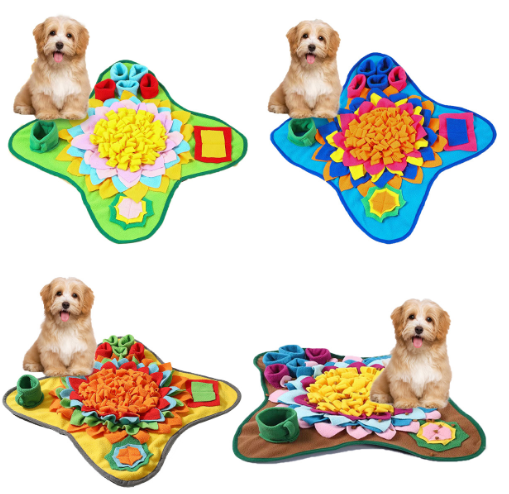
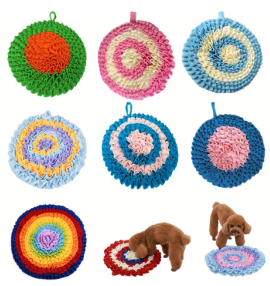
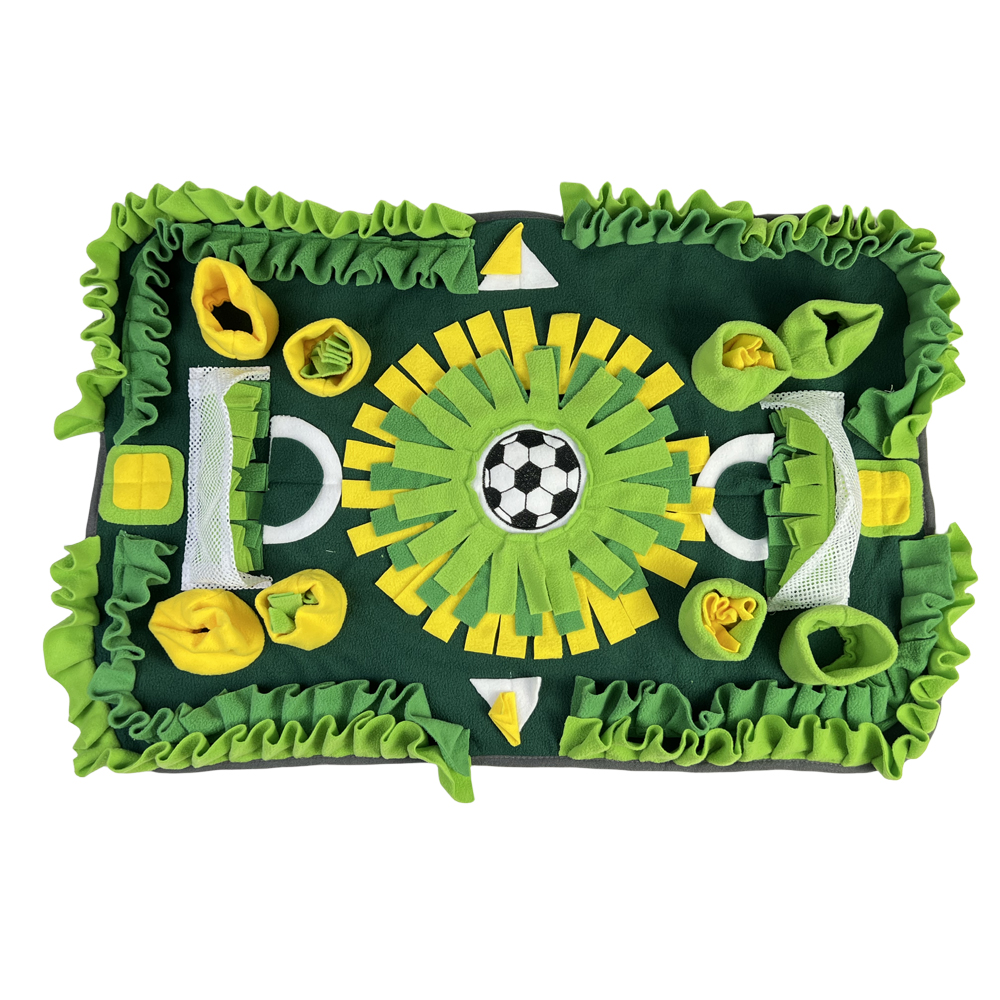
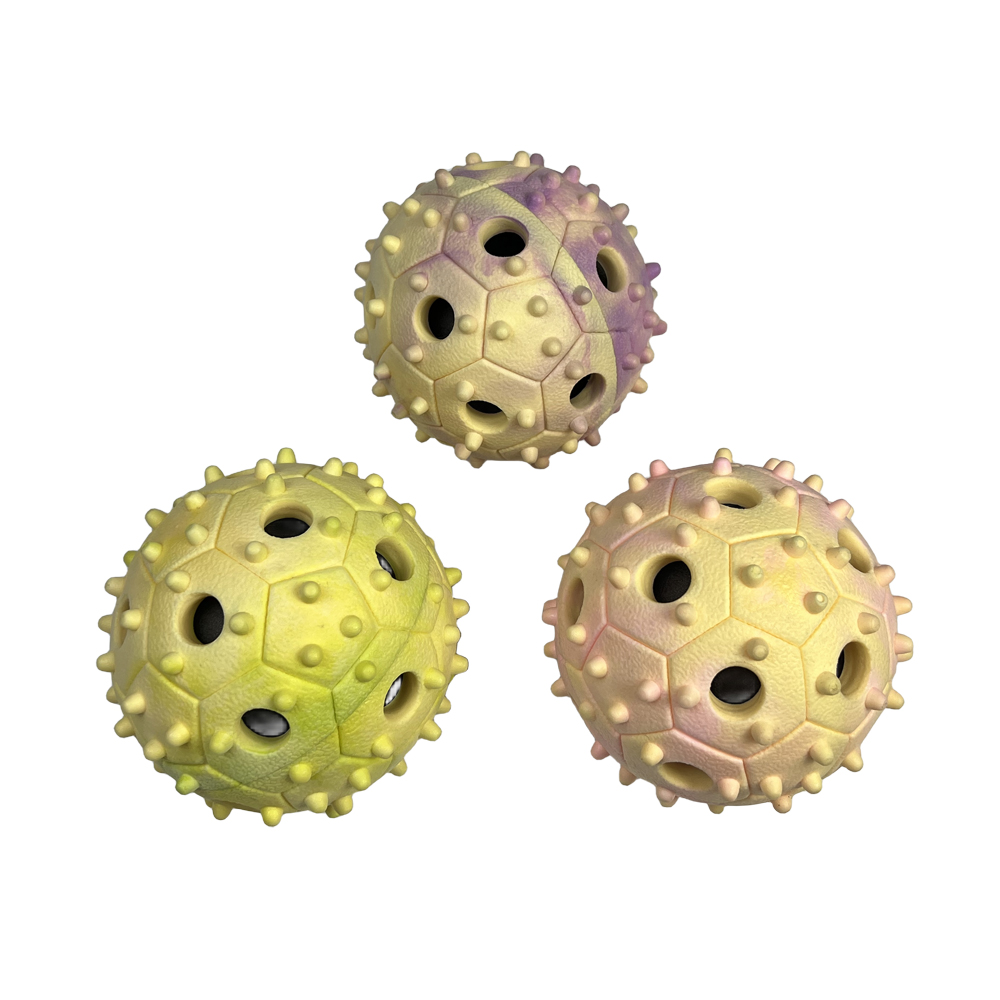

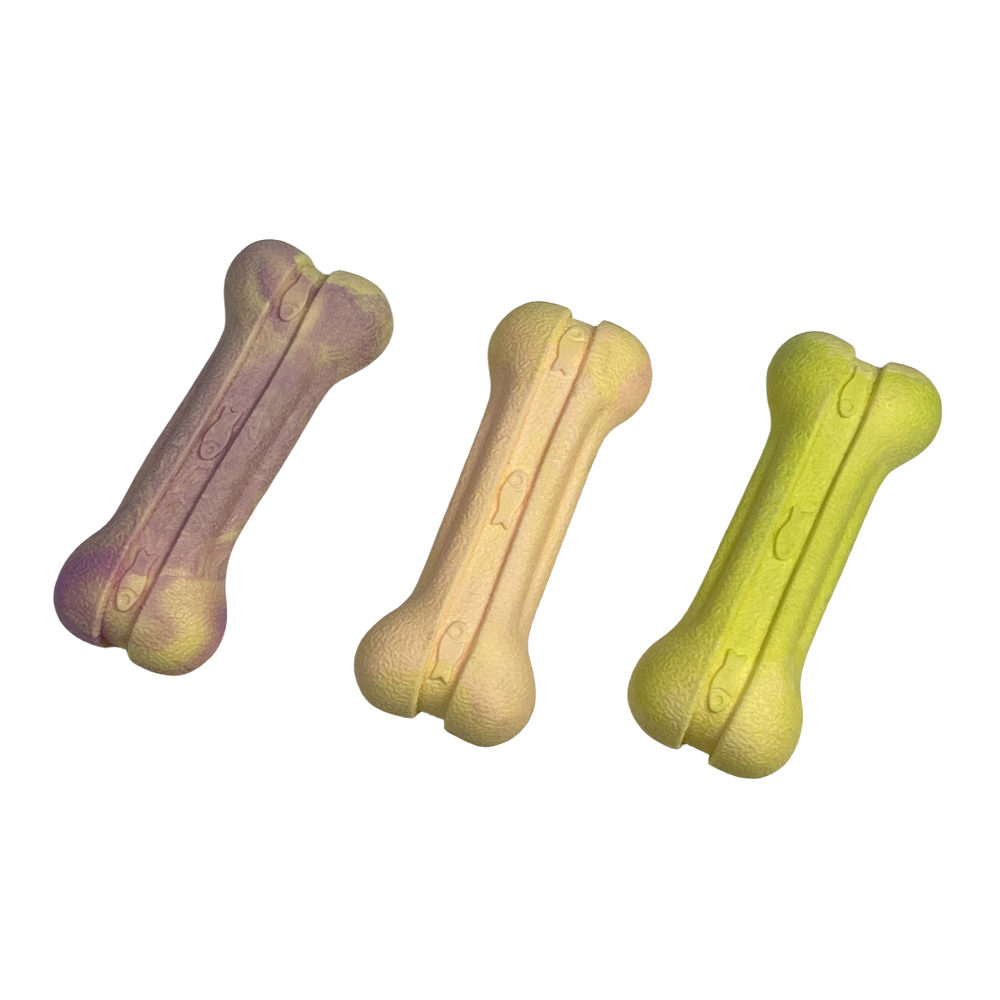

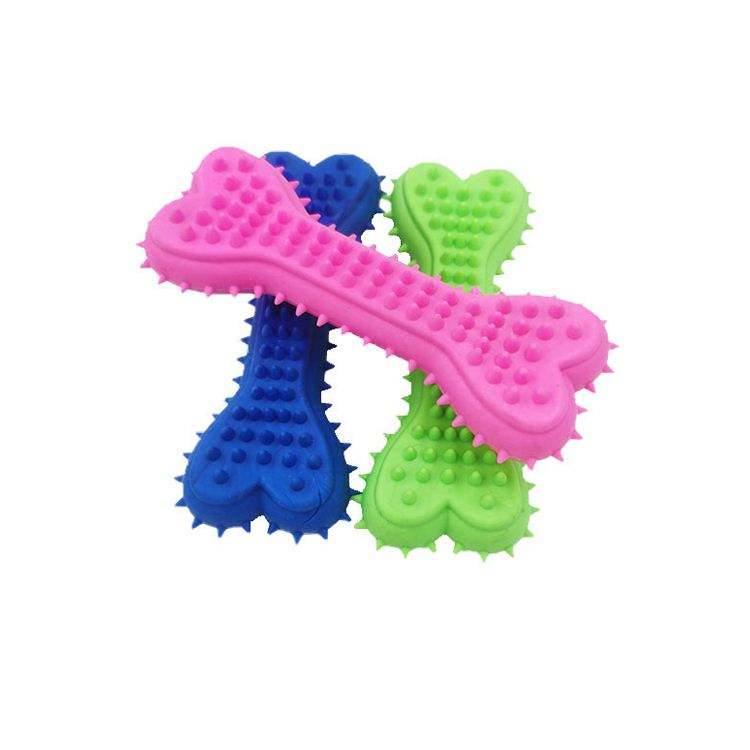
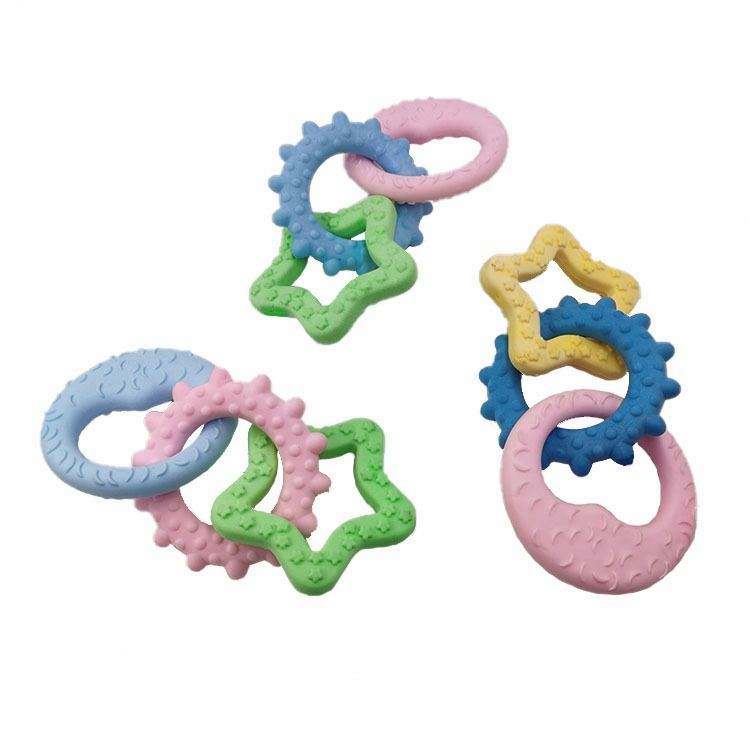
Post time: Jan-09-2024





